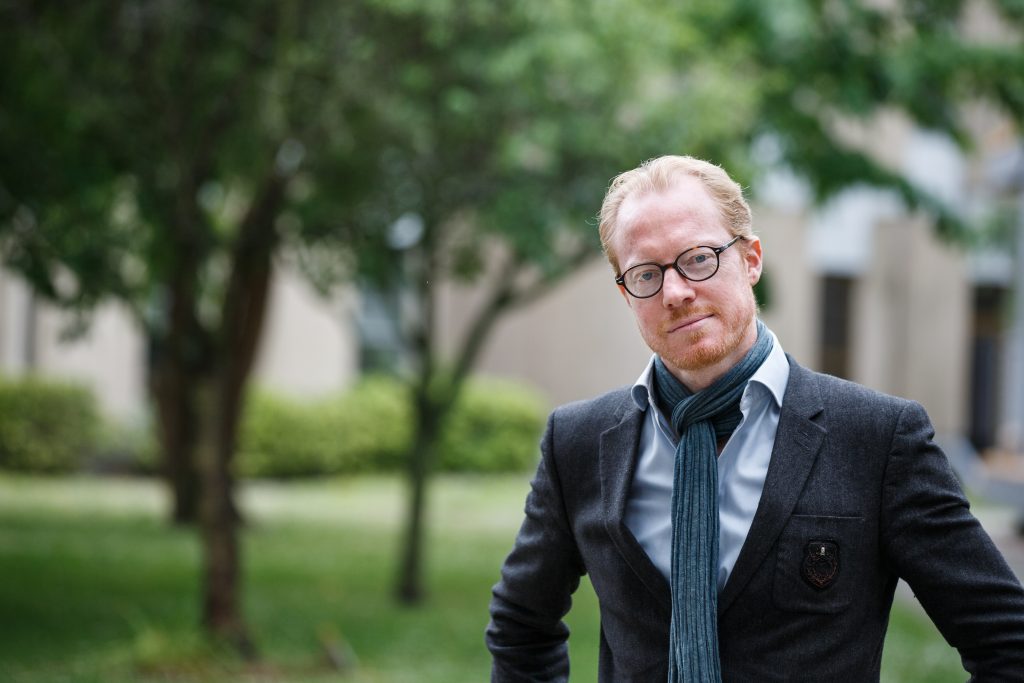Ben Hutchinson, Professor of European Literature in the Department of Modern Languages and Academic Director of the Paris School of Arts and Culture, has published an article in the Times Literary Supplement titled ‘Peter Handke: entering the curious canon’, a consideration of the legacy of the controversial Nobel laureate.
Ben writes that the Austrian writer’s reputation had long preceded him, even before the Nobel committee’s decision to award him the 2019 prize for literature. He notes that “the decision has not so much polarized opinion – to use the customary cliché – as galvanized it: ‘dumbfounded by the selection’, the president of Pen America speaks for many when she concludes that ‘the literary community deserves better’. In 2019, the Nobel committee seems to have achieved something it very rarely does, namely to unite everyone in agreement”.
The crucial issue, however, is not Handke’s politics, but his poetics. Does his work matter? Ben asks whether Handke will continue to be read a century from now, or whether he will fall into obscurity like a number of Nobel laureates. “Framed this way, the question is not so much about Handke’s questionable political interventions – above all, his defence of Slobodan Milošević – as about his literary merit. Is he any good?”

